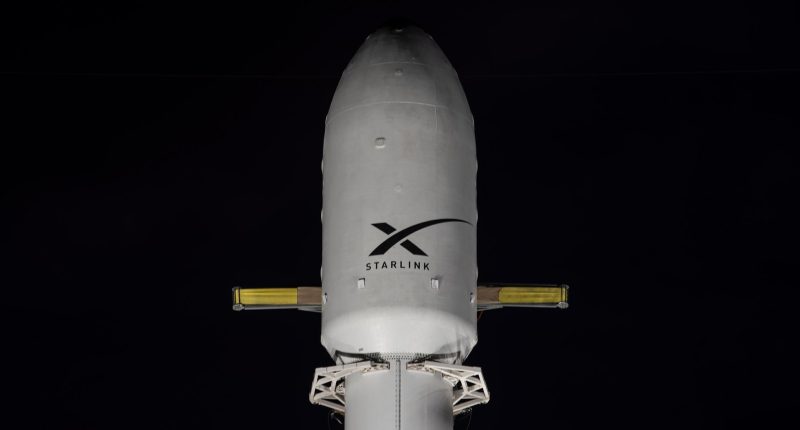India’s spectrum market, satellite spectrum in particular, is seeing a heated battle between some of the world’s biggest billionaires. The battle stemmed from a Government decision to allocate satellite internet spectrum, instead of ‘auctioning’ it the way mobile spectrum is auctioned in the country.
Primarily, it is Mukesh Ambani — Asia’s richest person — owned Reliance Jio that has argued, albeit privately, that the satellite rights should also be auctioned, with the highest bidder grabbing the same. As of now, Elon Musk’s Starlink and other global companies like Amazon owned Project Kuiper, Airtel-owned OneWeb back an administrative allocation, while Ambani’s Jio is arguing for an auction process.
The debate stems from the interpretation of an Indian law, that resulted in Musk and other getting allocations for the satellite spectrum. India’s telecom regulator TRAI is currently holding a public consultation but Reliance-owned Jio, in a private Oct. 10 letter, asked for the process to be started afresh as the watchdog has “pre-emptively interpreted” that allocation is the way forward, not auction.
Musk has reacted sharply to the development, calling Jio’s request as “unprecedented” and something that will not align with ITU laws.
?
That would be unprecedented, as this spectrum was long designated by the ITU as shared spectrum for satellites.
— Elon Musk (@elonmusk) October 14, 2024
In another post on X, he mentions he will call and ask Mukesh Ambani “if it would not be too much trouble to allow Starlink to compete to provide Internet services to the people of India.”
I will call and ask if it would not be too much trouble to allow Starlink to compete to provide Internet services to the people of India.
— Elon Musk (@elonmusk) October 15, 2024
Reliance Jio is India’s biggest and world’s third largest telecom company by subscriptions, with a 480 Million subscriber base. Musk has been keen to bring Starlink to India — whose satellite internet market is expected to be $1.9Bn by 2030. However, spectrum allocation has been a contentious point, with Musk and other global companies favouring a global trend of allotment, while telecoms like Jio arguing in favour of auctioning.
The Tech Portal is published by Blue Box Media Private Limited. Our investors have no influence over our reporting. Read our full Ownership and Funding Disclosure →






